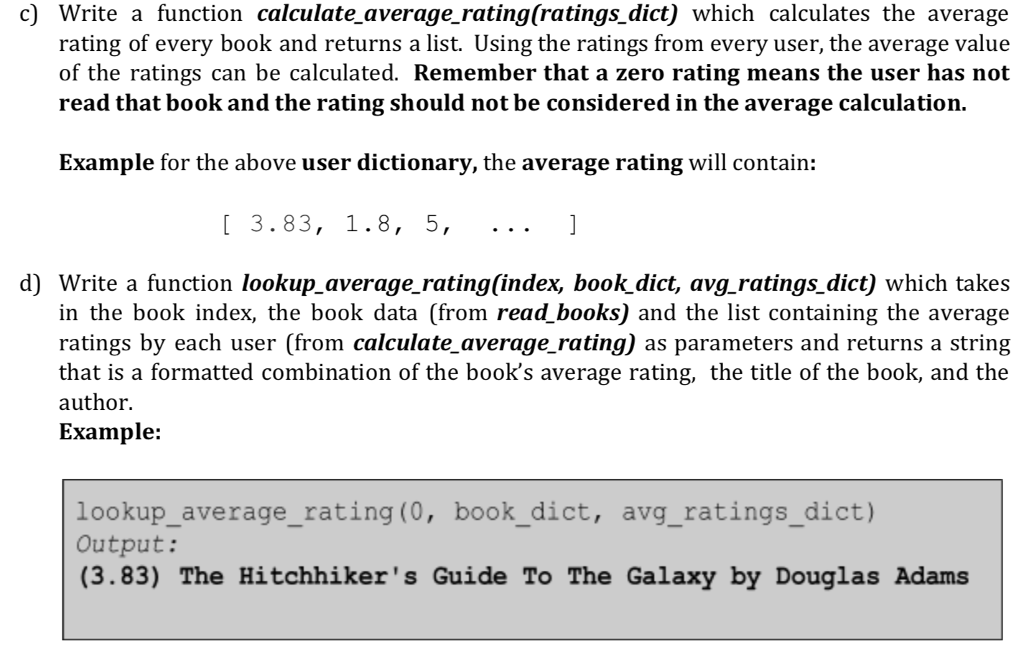Dictionaries in Python
※ Download: Python dict get keys
The argument to dict should be a sequence of key-value pairs. If you are in python 3, use enum module but if you are using python 2. The values that the keys point to can be any Python value.

Practice each, so you are familiar enough to use the best for different situations. If your program has multiple threads, you have other surprises to think about. I've added another name with the same age to the list. This is make the keys values and the values keys, as seen.

Python - Dictionary - EDIT: in my example the key name does not really matter I personally like using the same key names as it is easier to go pick a single value from any of my matching dictionaries , just make sure the number of keys in each dictionary is the same.

Here's the output: I don't have a favorite dessert. I love them all! My favorite beverage is coffee. My favorite vegetable is broccoli. I don't have a favorite soup. I love them all! Now imagine you can't modify describe in the first place. Maybe other code relies on its original behavior, and you don't want to refactor everything. Or maybe you import it from a library, so modifying describe isn't even an option. I love them all! But let's focus on working with the dict directly, because frequently you can. That brings us to the third approach: the dict. This fetches the value if the key is present, or an alternate value if not - all without raising any exception. Can we use it in describe? Yes, but that is trickier than it seems, because - unlike in showelement - the output format is completely different if the key is not present. Here's one approach: print message This works... The idea is to rely on the default value to signal when the key is absent. But what if the key is present, and its value is the same as the default? None can be a value in a dictionary, after all. Even if we think this dictionary won't have it, what if some bug inserts it anyway? The code above would mask that bug, lurking in your program like a land mine. What we need is an out-of-band sentinel value - in other words, something which could not possibly be a dict value. The best way is to create a unique object - literally, an instance of object - and pass that as the default to. So if fav is missing, we know for sure it's not in the dictionary. Practice each, so you are familiar enough to use the best for different situations. And, all the above is for single-threaded code. If your program has multiple threads, you have other surprises to think about. We'll cover that in another article. You might enjoy the because it will teach you things you didn't know about Python.
More about keys and. Should you return both. UPDATE: For large random lists and maps I had a bit different results: Python 2. If you know your data, you could do this. You should now have a good feel for which, if either, would be best for a given situation. So after at most about 10 lookups, it's paid for itself.



